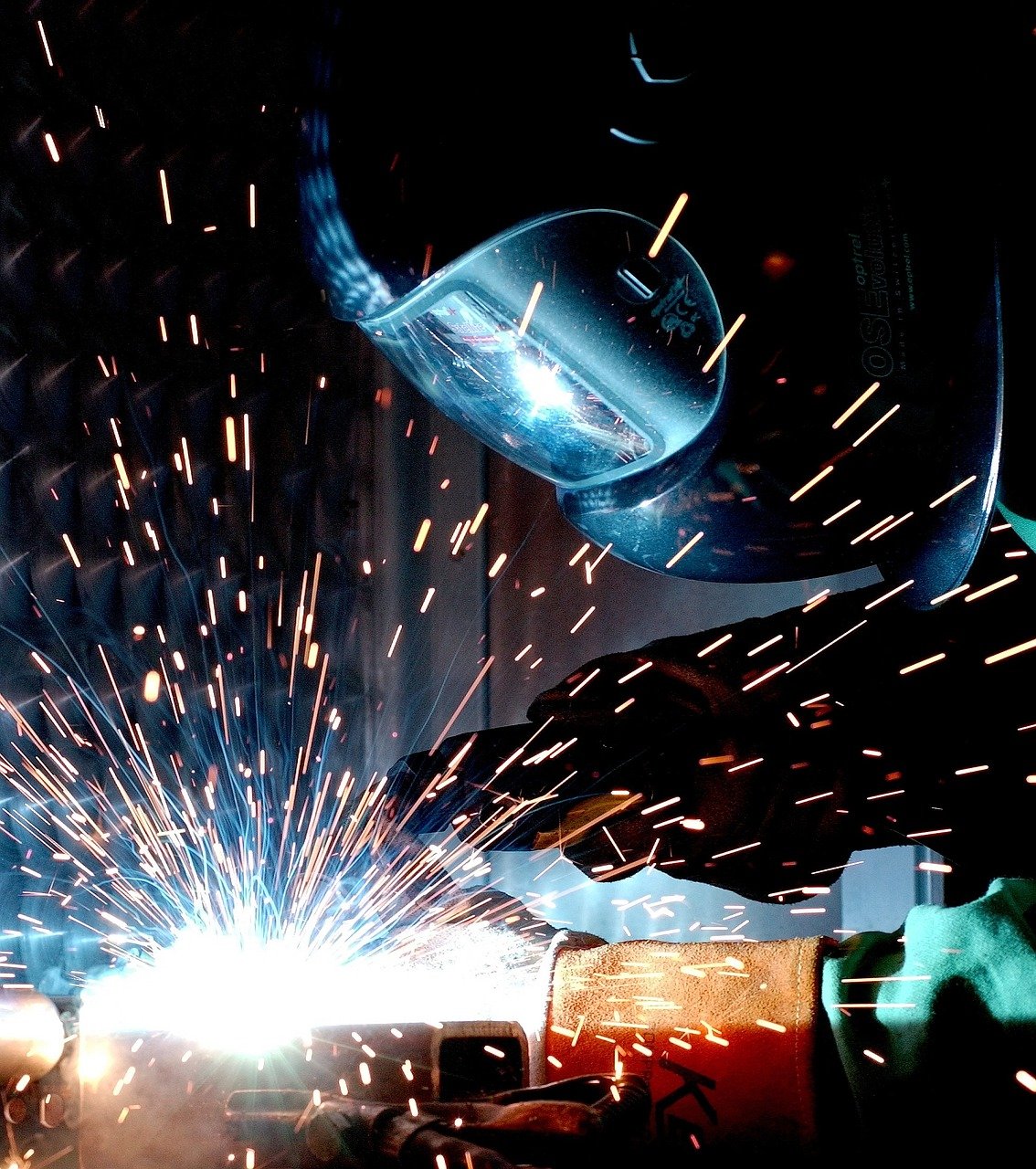“India’s automotive industry is on the verge of transformative disruption. As the country transitions to cleaner energy plus smart technologies via next-gen mobile solutions, the industry is being driven toward revolution-from the age-old manufacturing to a futuristic vision where electric vehicles (EVs), autonomous drivability, and connected mobility create a very different scenario. One thing is sure in this transition: the demand for skilled manpower has never been higher.”

Skills Development in Automotive Industry
The foundation of this transformation will be skills development. Electric propulsion, the software running autonomous vehicles, and even interconnected car ecosystems are areas that need technically competent, flexible, creative, and on-the-job learning types of people. Addressing this demand will call for collaboration and support from the industry players, educational institutions, and policymakers.
Changing Automotive Landscape in India
India’s net-zero target by 2070 makes it in line to become a torchbearer for sustainability, with the automotive sector ushering this change. The internal combustion engine car will start seeing being phased out for electric and hybrid variants; manufacturing processes will shift to green and energy-efficient ones. Projections suggest that by 2030, the Indian EV market is set for unprecedented growth rates, with a compound annual growth rate of 49 percent.”
In the proposed shift, a nearly global ecosystem change results; so it is not merely change in vehicle design or vehicle manufacturing. Biotechnology, machine learning, and IoT are the advanced technologies that will empower the next generation of autonomous and connected vehicles. And so the workforce responsible for creating autonomous cars connected to infrastructure must be trained in AI algorithms, as well as sensor integration, data analytics, and cybersecurity-as they apply to performance and safety.
On the other hand, emerging trends like smart manufacturing suggest how technology will shape the future of automotive production. This new era will need engineers who can traverse the mechanical and software realms as they create the best possible vehicles: safe, efficient, and sustainable.
Key Areas for Skill Development
The fast-paced world too is changing the erratic landscape of skill sets. In the future, some key areas that one would need to focus upon would include:
- Digital and Technological Knowledge
By virtue of being “smart” means that most vehicle systems would, therefore, be designed using software solutions and digital systems. From electric propulsion systems to on-board infotainment platforms, professionals in the fields of AI, machine Learning, Big data, and cybersecurity would be needed for all these innovations. In fact, coding and algorithm development will become just as important as mechanical competence in an automotive engineer’s skill set.
For the operation of autonomous vehicles, complex AI systems interpreting sensor and camera data in real time are instrumental to its safe functioning. Consequently, knowledge of cybersecurity would be of utmost importance in securing the connected-vehicle through protection of the personal data and the systems of the vehicle against cyber threats. - Sustainability and Green Technologies
Sustainability helps to define the future of the automotive industry, which therefore must have a pool of personnel well-versed in green technologies and sustainable practices. Engineers will need, for instance, to develop various competencies in battery management systems, energy-efficient manufacturing, recycling, and circular economy-related matters. Nevertheless, with respect to ensure sustainability benchmarks, the other skill must be a good understanding of lifecycle analysis whereby environmental impacts are measured and assured from production to end-of-life.
With electric and hybrid vehicles gaining traction, the mastering of energy management and renewable energy integration will be paramount in ensuring the automotive sector meets stringent emissions targets. The sector is targeting net-zero emissions by 2070, meaning the workforce has to be prepared to put the pedal to the metal on green technologies. - On-the-Job Training and Upskilling
The most critical technology will be energy management and renewable energy integration to get the automotive sector on stringent emissions targets. The sector propounds net-zero emissions by 2070, which means the workforce has to learn to accelerate green technologies.
India has already started taking remedial action to iron out this gap. Programs like the Automotive Skill Development Council (ASDC) or Skill India focus on providing practical training, industry certifications, and opportunities for further skill development. Programs like the 1+1 Masters in Business Engineering with Steinbeis University offer higher-learning paths to satisfy not only domestic demands but also global exposure, which can help the entire workforce to compete at an international scale. - Academia and Industry Collaboration
The connection between academia and the automotive industry is vital for meeting the varying educational needs of the market. Any educatory institution must constantly change its curricula to include the current industry trends, technologies, and challenges. Internships, apprenticeships, and collaborative research are important ways to keep a pipeline of talent that is ready to step into the industry.
Industry leaders should also actively engage in the educational experience, offering mentorship, sponsoring research, and providing real-world problem-solving avenues. Such close co-action will ensure that students are job-ready with skills and exposure to the latest developments.
Changing Emergence Initiatives
Other initiatives such as FAME, NEMMP, and TUF support the domestic economy by facilitating faster growth in the production and adoption of EVs, while skill development offers a number of areas in which social transformation can take place.. These handful are meant to hasten the transition to clean technologies while ensuring that professionals meet the new requirements.
On the other hand, private sector companies have stepped up. Many support reskilling programs for their employees entering jobs in the EV ecosystem, from manufacturing to maintenance to software. These not only benefit the companies themselves but contribute to the nation’s target of nurturing a skilled, future-ready workforce.
Tomorrow’s Options and Challenges
While the opportunities for tomorrow are enticing, there remain challenges. If anything, one of the biggest challenges will be the cost of reskilling and upskilling, especially in areas considered rural, where advanced training resources are far and few. Furthermore, traditional educational institutions are slow in updating their curricula to satisfy the requirements of light-speed-changing industries.
However, these challenges also present significant opportunities. The Indian automotive industry, with sustained investment, policy support, and innovation in training methodologies, will forge a strong, adaptable, and highly-skilled workforce that is ready to lead the charge in the global automotive sector.
Conclusion
The future of skills development in the automotive industry in India is bright. Technological developments and sustainability goals are creating new opportunities but require a knowledgeable workforce to realize them. India can position itself as a global leader in automotive innovation by creating synergistic cooperation between academia, industry, and policymakers, actively embracing digital transformation, and assuring inclusivity in its training programs. Equipping a seriously competent workforce to face the challenges of tomorrow is, therefore, not only an opportunity in front of us; it is a prerequisite for long-term survival.



